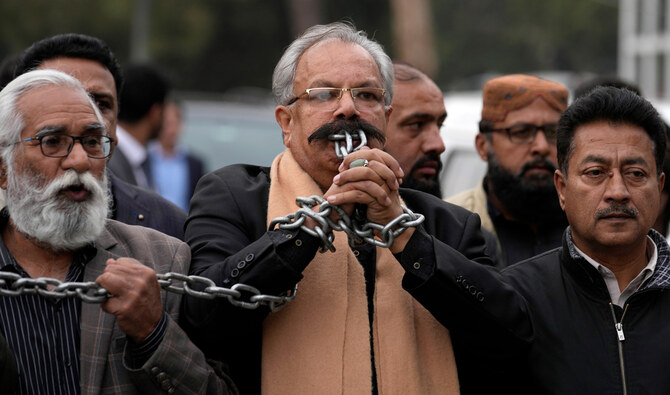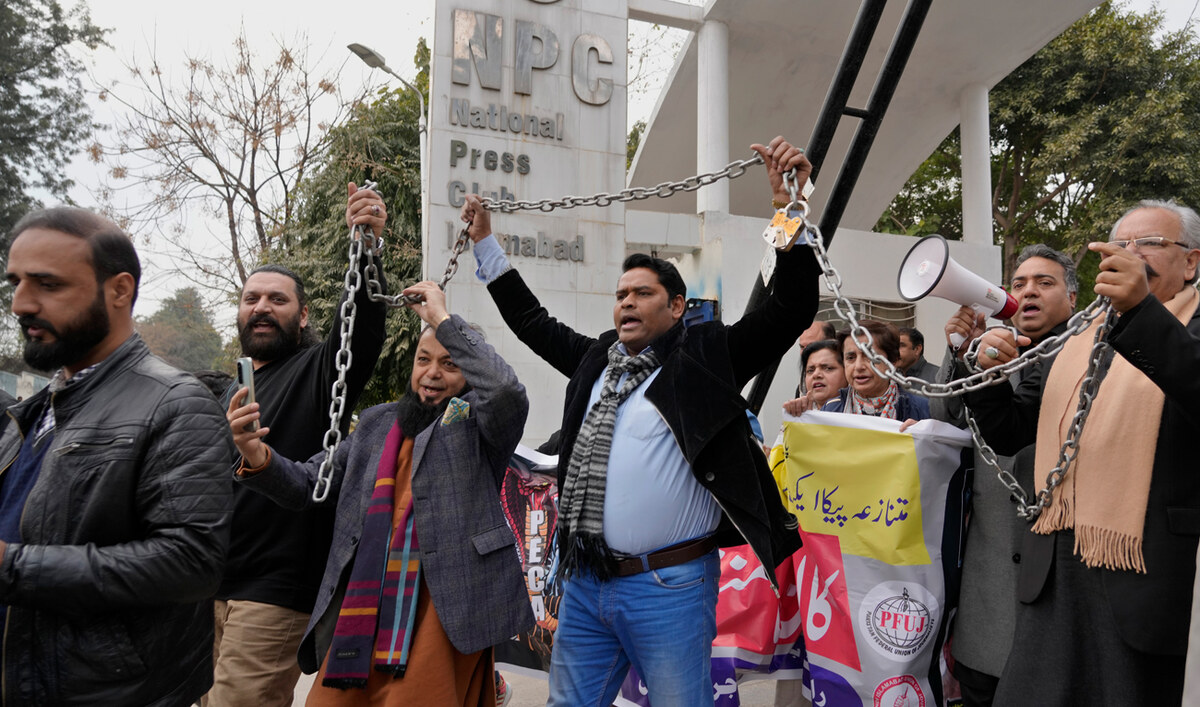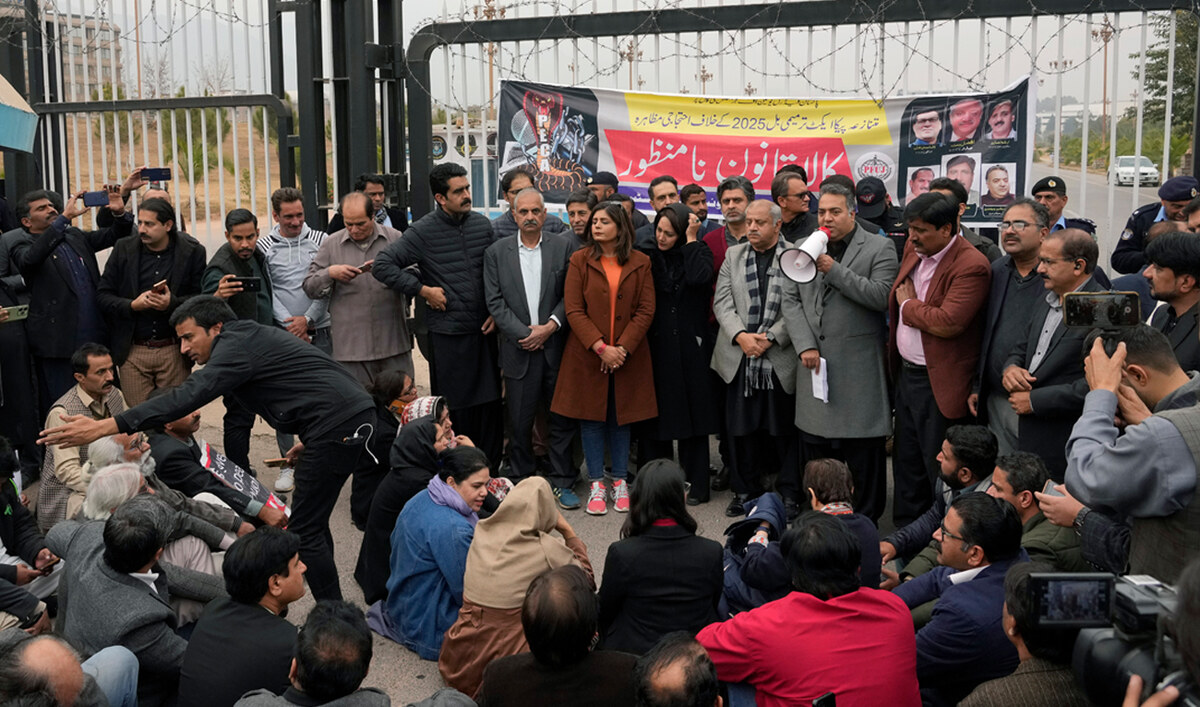KARACHI: Pakistani economists and former diplomats on Tuesday brushed aside the new American administration’s decision to suspend foreign assistance for countries around the world including Pakistan, saying it will not have a significant impact on the South Asian country and could even force Islamabad to undertake much-needed economic reforms.
US State Department confirmed on Sunday that Washington has paused all US foreign assistance funded by or through the State Department and US Agency for International Development (USAID), adding that America would review all foreign assistance programs to ensure if they are efficient and consistent with US foreign policy.
The program affects all recipient countries, including Pakistan, where numerous US-funded programs are currently in progress. For over 70 years, the US-Pakistan development partnership has been instrumental in supporting sectors such as energy, economy, agriculture, education and health. The South Asian country has been grappling with an economic crisis that in 2023 almost pushed it toward a sovereign default.
Washington has invested over $205 million in Pakistan’s energy sector, as per USAID’s website and has also provided assistance to economic development programs such as the Investment Promotion Activity ($16.8 million) and the Pakistan Private Investment Initiative ($43.5 million), aimed at enhancing Pakistan’s business climate and supporting small and medium enterprises (SMEs).
“I’m not sure if the suspension of aid will be very harmful because the real harm to the economy is coming from our own policy governance,” Kaiser Bengali, a leading Pakistani economist, told Arab News.
“On the whole at the macro level, we have seen that in the last 40 years, foreign assistance has not contributed to the economy.”
Bengali said Pakistan’s current economic issues were largely self-created.
“We have created this deficit, balance of trade, balance of payments [crisis],” he said. “We have created a huge debt burden, borrowing loan after loan for the past thirty years and not investing debt funds to increase the productivity of the economy.”
Pakistan’s Information Minister Ataullah Tarar and Khurram Schehzad, adviser to the government on finance, did not respond to Arab News’ request for comment. Pakistan’s foreign officer spokesperson Shafqat Ali Khan said he would address the queries during the foreign office’s weekly press briefing.
Zamir Akram, a former Pakistani ambassador, agreed with Bengali. He said Washington’s assistance to Pakistan is “limited” and its overall impact on the country’s economy is “negligible.”
“Since the US assistance for Pakistan is less and its funding is very low, it doesn’t have great impact,” Akram told Arab News. “We don’t know the amount of project-based assistance but its overall national assistance for Pakistan is negligent. So that’s why it won’t make any impact.”
However, Ahmed Bilal Mehboob, founder and president of Islamabad-based think tank Pakistan Institute of Legislative Development and Transparency (PILDAT), emphasized that the suspension could have significant consequences for Pakistan’s civil society and development sectors.
Mehboob said an estimated 10,000 to 15,000 people were working in organizations working to protect democracy and human rights in Pakistan.
“If funding is halted in the future, not only will thousands be left unemployed but governance and human rights work will also be severely affected,” Mehboob told Arab News.
However, he cited India’s example where civil rights groups grew indigenously, saying that they began receiving minimal foreign funding much later.
“Sincere people will continue their work using local resources,” he said.
Bengali said there might be a silver lining to the suspension of foreign assistance, adding that it may prompt Pakistan to seek local solutions and implement necessary reforms.
“If the entire world stopped funding Pakistan, that would actually be a big favor to the country,” Bengali said. “It would force us to make the necessary reforms and find our own solutions.”




















